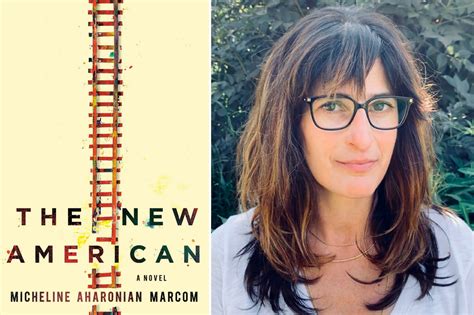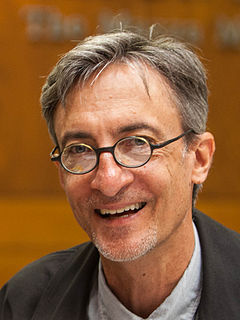A Quote by Doris Lessing
I see every book as a problem that you have to solve. That is what dictates the form you use. It's not that you say, 'I want to write a science fiction book.' You start from the other end, and what you have to say dictates the form of it.
Related Quotes
When I write a book I write the best that I can and so much of that for me is following the book's demands, the subject's requirements - I love books, I always have. They have always been one of the places where I have felt very happy in the world. When I was younger, I loved to read genre fiction - I loved the magic-carpet ride of story! Now I need other things - I need the beautiful particular and strange language and form which brings a writer's book to life in me and speaks to my intellect, and, dare I say it, to my soul.
When you work in form, be it a sonnet or villanelle or whatever, the form is there and you have to fill it. And you have to find how to make that form say what you want to say. But what you find, always--I think any poet who's worked in form will agree with me--is that the form leads you to what you want to say.
What I do usually is read the book first, for pleasure, to see if my brain starts connecting with it, as a movie. And then, if I say yes, I read it again, only this time I take a pen and, inside the book, I say, "Okay, this is a scene. I don't need this. I'm going to try this. I'm not going to take this." And then, I use that book like a bible and each chapter heading, I write a menu of what's in that chapter, in case I ever need to reference it. And then, I start to outline and write it. I get in there and it starts to evolve, based on having re-read it again.
We have to start encouraging women to get into math and science early on in life... But to just say TechCrunch is perpetuating the problem because there aren't enough women speakers at our events is just a way to get attention and not solve the problem. So do we want to solve the problem, or do we want to just pick on me?
Through death you find yourself, because you no longer identify with form. You realize you are not the form with which you had identified neither the physical nor the psychological form of "me". That form goes. It dissolves and who you are beyond form emerges through the opening where that form was. One could almost say that every form of life obscures God.
I have now come to a stage of realization in which I see that God is walking in every human form and manifesting Himself alike through the sage and the sinner, the virtuous and the vicious. Therefore when I meet different people I say to myself, “God in the form of the saint, God in the form of the sinner, God in the form of the righteous, God in the form of the unrighteous.







































